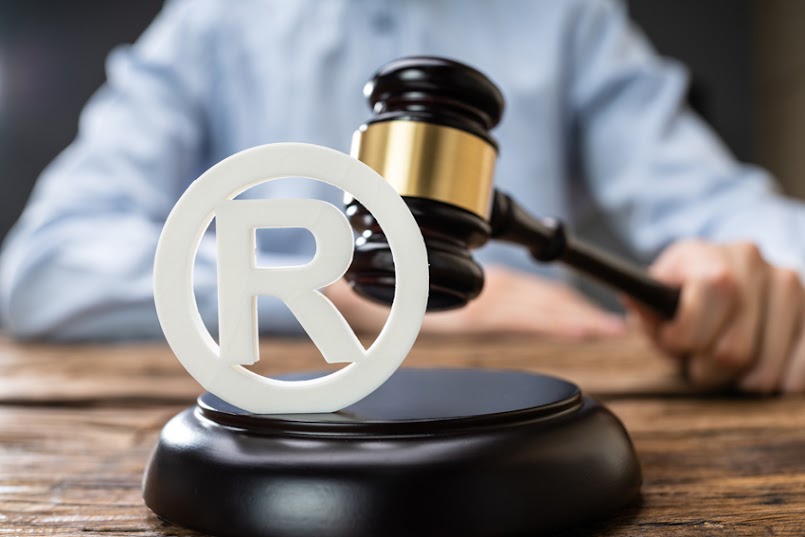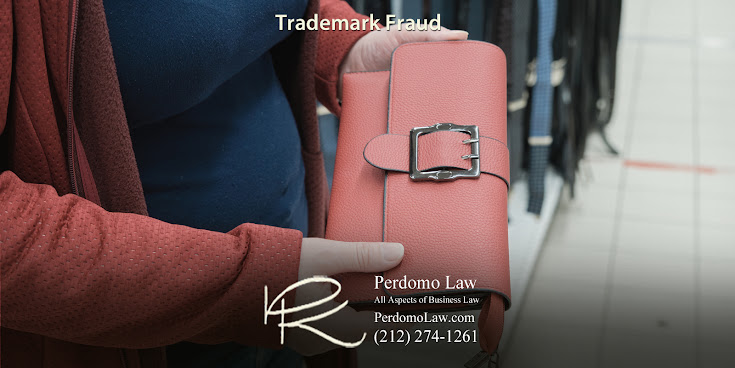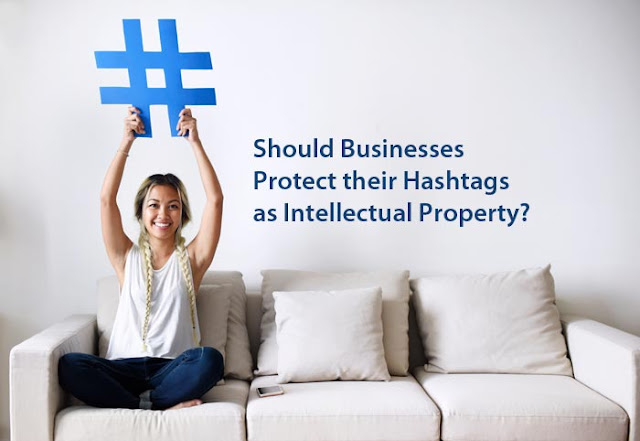Trademark Opposition

Trademark Opposition What is a Trademark? Trademarks can include specific colors, artwork, phrases, and more. It is even possible to trademark a distinctive sound or smell. The designs enable businesses to create memorable things that bring the company to mind when people see, hear, or smell specific things. Using them allows the instant identification of a product belonging to a company. Well-marketed trademarks are an effective and affordable method of advertising. What is Trademark Opposition? The application process for a trademark is not as easy and automatic as some people may expect. After applying, the USPTO will publish newly accepted trademark designs to allow others to submit an opposition if desired. The deadline for the process is 30 days after publication. Opposition to a trademark happens when someone sees the listing and files a complaint to reverse an approval. Opposition to an application does not need to wait until publication. It can also happen when someone ap...








